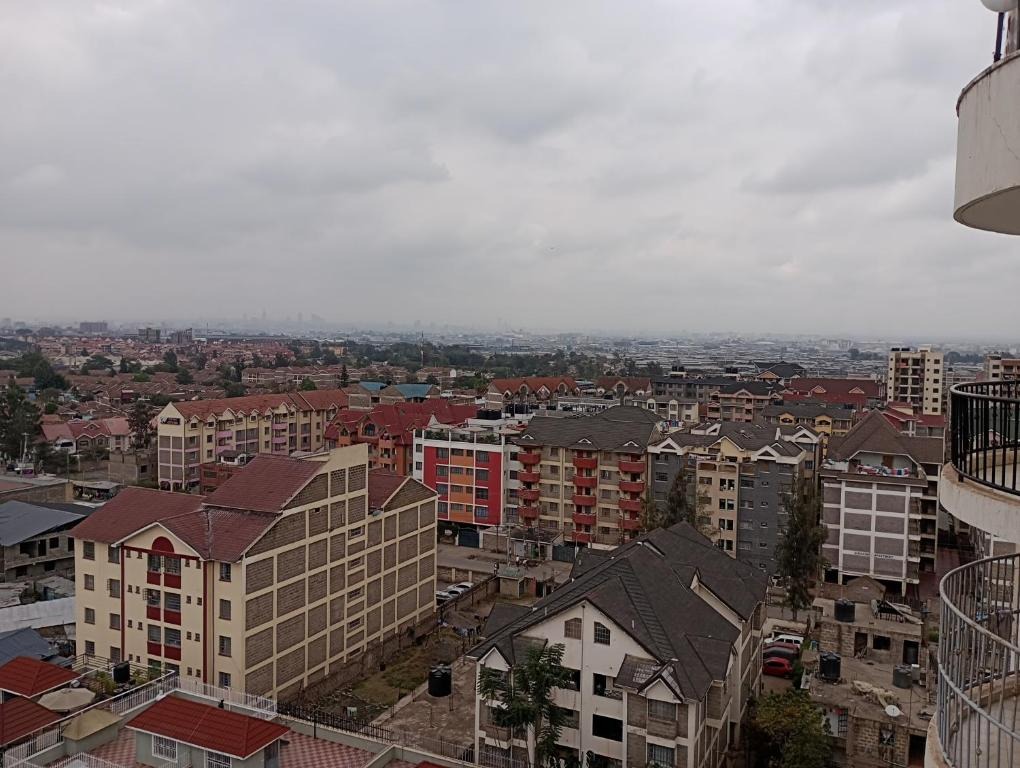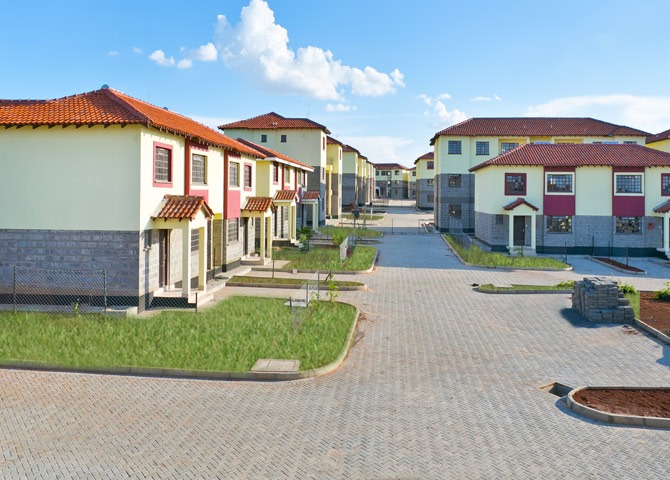The real estate market continually evolves, influenced by economic shifts, technological advancements, and changing investor strategies. Among the various investment strategies, land banking and speculative real estate investments have garnered significant attention. These approaches involve purchasing land or properties with the expectation that their value will increase over time. This article delves into the trends shaping land banking and speculative real estate investments, exploring their benefits, risks, and future prospects.
Understanding Land Banking

Land banking involves acquiring and holding parcels of land for future development or sale. Investors typically target undeveloped or underdeveloped land in areas poised for growth, such as urban fringes or regions with planned infrastructure projects. The goal is to profit from the appreciation in land value driven by urban expansion, economic development, or increased demand for housing and commercial spaces.
The Appeal of Land Banking

Land banking offers several advantages. Firstly, it allows investors to enter the real estate market at a lower cost compared to buying developed properties. Secondly, land generally requires minimal maintenance, reducing ongoing expenses. Additionally, strategic land banking can yield substantial returns if the land is sold or developed at the right time.
Trends in Land Banking
Several trends are influencing the land banking sector. One notable trend is the increasing use of data analytics and Geographic Information Systems (GIS). These technologies enable investors to analyze large datasets, including population growth, zoning changes, and infrastructure development plans, to identify high-potential land parcels.
Another trend is the growing interest in sustainable land banking. Investors are increasingly considering environmental factors and potential regulatory changes related to climate change. This includes investing in land suitable for renewable energy projects or conservation purposes, aligning with broader sustainability goals.
Speculative Real Estate Investments
Speculative real estate investments involve purchasing properties with the expectation that their value will increase due to market dynamics rather than immediate rental income or development potential. This strategy is often employed in rapidly growing markets where property prices are expected to rise significantly.
The Risks and Rewards
Speculative investments can yield high returns, particularly in booming markets. However, they also come with substantial risks. Market volatility, economic downturns, and changes in regulatory environments can all impact property values. Investors must be prepared for potential fluctuations and have a clear exit strategy.
Current Trends in Speculative Real Estate
Several trends are shaping speculative real estate investments. The rise of PropTech (property technology) is one such trend, providing investors with tools to better assess market conditions and property potential. Platforms offering predictive analytics, market trends, and property management solutions are becoming integral to speculative investment strategies.
The COVID-19 pandemic has also influenced speculative investments. While some markets saw a temporary slowdown, others experienced a surge in demand, particularly in suburban and rural areas as remote work became more prevalent. Investors are now focusing on regions that offer lifestyle benefits, affordable housing, and good connectivity.
The Role of Government Policies
Government policies play a crucial role in both land banking and speculative real estate investments. Zoning laws, development incentives, and infrastructure projects can significantly impact land and property values. Investors need to stay informed about policy changes and engage with local planning authorities to understand future development plans.
Sustainability and Speculation
Sustainability is becoming increasingly important in real estate investment decisions. Investors are now more likely to consider the environmental impact of their investments and look for opportunities that support sustainable development. This trend is driving interest in properties that incorporate green building practices, renewable energy, and other sustainable features.
The Future of Land Banking and Speculative Investments
Looking ahead, several factors will shape the future of land banking and speculative real estate investments. Technological advancements will continue to provide investors with better tools for market analysis and decision-making. Data analytics, AI, and machine learning will enhance the ability to predict market trends and identify lucrative investment opportunities.
Additionally, the focus on sustainability will intensify. Investors will increasingly seek out opportunities that align with environmental, social, and governance (ESG) criteria. This includes investments in green buildings, sustainable land use, and properties that contribute to community well-being.
Conclusion

Land banking and speculative real estate investments offer significant opportunities for investors willing to navigate their complexities. By leveraging technology, staying informed about market trends, and considering sustainability, investors can maximize their returns while contributing to sustainable development. As the real estate landscape continues to evolve, these investment strategies will remain vital for those seeking to capitalize on future growth and market dynamics.







